Ultimate Guide to Passing the BCBA Exam
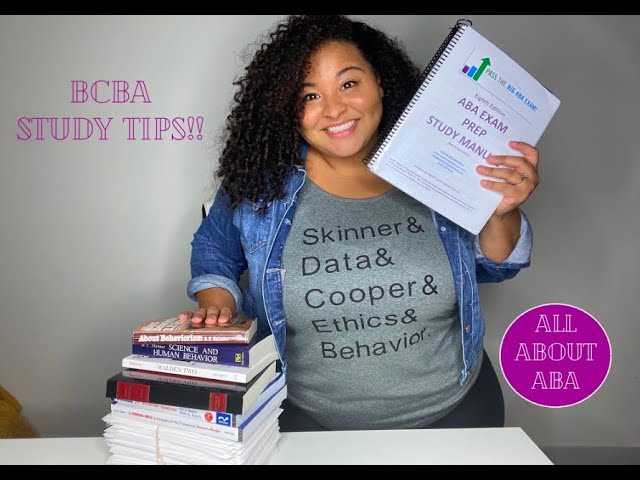
Becoming a certified professional in behavior analysis is a significant milestone for those looking to make an impact in the field of applied behavior analysis (ABA). This certification is recognized as a standard of excellence, ensuring that individuals possess the knowledge and skills necessary to provide high-quality services. Preparing for this certification requires thorough planning, commitment, and the right approach to mastering key concepts and practices.
In this guide, we will explore essential information for those preparing for the certification process. From understanding the structure of the assessment to effective study techniques, we aim to provide clear insights and practical advice. By focusing on proven strategies and valuable resources, you can increase your chances of success and confidently approach the certification challenge.
BCBA Exam Overview
Achieving certification in behavior analysis is a crucial step for professionals seeking to validate their expertise and competence in the field. This process involves a structured evaluation designed to assess the candidate’s proficiency in key areas of practice. Understanding the structure and requirements of this evaluation is essential for successful preparation and performance.
Key Elements of the Certification Process

The certification process is carefully designed to ensure that only those with a comprehensive understanding of applied behavior analysis are awarded certification. The assessment includes a range of topics that reflect the core competencies necessary for effective practice. Below is an overview of the key areas covered during the evaluation:
| Area of Focus | Topics Covered |
|---|---|
| Behavioral Principles | Basic behavioral concepts, reinforcement, punishment, schedules of reinforcement |
| Behavioral Assessment | Functional analysis, observational methods, data collection |
| Intervention Design | Developing treatment plans, behavior reduction strategies, teaching procedures |
| Ethical and Professional Conduct | Ethical guidelines, legal considerations, professional responsibilities |
Preparation Tips for Success
Effective preparation requires a strategic approach, combining in-depth study, practice tests, and time management skills. Understanding the structure of the assessment and focusing on the most critical areas will help ensure readiness. With the right preparation, candidates can approach the certification with confidence and increase their chances of success.
What is the BCBA Exam

The certification process in behavior analysis is a rigorous assessment that ensures professionals possess the necessary knowledge and skills to work effectively in the field. This evaluation is designed to measure expertise in key aspects of applied behavior analysis and professional conduct. It is a crucial step for individuals seeking to advance their careers as behavior analysts.
The certification assesses a wide range of topics, including behavioral principles, assessment techniques, intervention strategies, and ethical standards. To earn certification, candidates must demonstrate their proficiency across these areas by successfully completing the evaluation.
Core Components of the Assessment
- Behavioral Principles: The foundation of applied behavior analysis, including basic concepts and procedures such as reinforcement and punishment.
- Assessment Techniques: Methods used to assess behavior, including data collection, functional analysis, and observation.
- Intervention Strategies: Developing and implementing strategies to address behavior problems, including teaching new behaviors and reducing undesirable ones.
- Ethical Guidelines: Understanding and applying ethical and professional standards in practice, including confidentiality and informed consent.
Who Should Take the Certification Process?
The certification process is designed for professionals who wish to pursue a career as behavior analysts. It is ideal for individuals who have a strong background in psychology, education, or other related fields and are looking to specialize in behavior analysis.
- Psychologists or counselors seeking to integrate behavior analysis into their practice
- Special education teachers looking to specialize in behavior management
- Healthcare professionals who want to work with individuals with behavioral disorders
Eligibility Requirements for the BCBA Exam
Before undertaking the certification process in behavior analysis, candidates must meet certain qualifications to ensure they have the necessary educational background and practical experience. These eligibility requirements are in place to maintain the high standards of the profession and ensure that individuals pursuing certification are adequately prepared for the challenges they will face in their practice.
The primary eligibility criteria include a combination of formal education, supervised experience, and a specific number of hours spent applying behavioral principles in real-world settings. Below are the essential qualifications that candidates must fulfill:
Educational Background
Candidates must have completed a relevant degree program to be eligible. The education should include coursework in behavior analysis and related subjects. Typically, a master’s degree in behavior analysis, psychology, education, or a closely related field is required. The coursework should cover key areas such as:
- Basic behavioral concepts and theories
- Applied behavior analysis principles
- Research methods and data analysis
- Ethical guidelines and professional conduct
Supervised Practical Experience
In addition to educational qualifications, candidates must gain hands-on experience under the supervision of a certified professional. This experience allows individuals to apply theoretical knowledge in real-life scenarios. The required hours of supervised practice can vary, but candidates typically need to complete:
- At least 1,500 hours of direct client interaction
- A minimum of 100 hours of supervision by a qualified mentor
Both the quality and quantity of experience are carefully reviewed to ensure that candidates are prepared for the responsibilities of the profession.
Additional Criteria
Candidates must also demonstrate their ability to uphold ethical standards and professional conduct throughout the certification process. This includes adhering to the guidelines set forth by relevant governing bodies and completing any required background checks or verifications before applying for the certification assessment.
How to Apply for the BCBA Exam
The application process for the behavior analysis certification involves several key steps that must be carefully followed to ensure eligibility and a smooth journey toward certification. Candidates need to complete a series of tasks, from submitting the required documentation to scheduling the assessment. Understanding these steps and meeting the necessary requirements is essential for success.
To begin the application, candidates must first gather all the necessary information and verify that they meet the educational and experience requirements. Once eligibility is confirmed, the next step is submitting the application through the designated certification body. The application includes providing proof of completed coursework, supervised experience hours, and any additional documentation required.
Step 1: Complete the Application Form
The first task is to fill out the official application form, which can be accessed through the certification body’s website. The form will require personal details, educational background, and information about supervised experience. Candidates will also need to specify the intended assessment date. Be sure to double-check all entries for accuracy before submitting.
Step 2: Submit Supporting Documents
Along with the application form, candidates must provide supporting documents. These typically include:
- Transcripts from accredited institutions
- Verification of supervised experience hours
- Proof of completion of required coursework
Once all documents are gathered, they must be uploaded or mailed according to the application instructions. It’s important to submit these documents well in advance of the application deadline to allow for any processing time.
Step 3: Pay the Application Fee
Applicants must also pay an application fee, which can vary depending on the certification body. The fee is generally required before the application can be processed and reviewed. Payment can typically be made online through secure payment platforms.
Step 4: Wait for Approval and Scheduling
After submitting the application and supporting documents, the certification body will review everything to ensure that all eligibility requirements are met. Once approved, candidates will receive instructions on how to schedule their certification assessment. Be sure to review all the guidelines for exam day, including location, time, and required materials.
Understanding the BCBA Exam Format
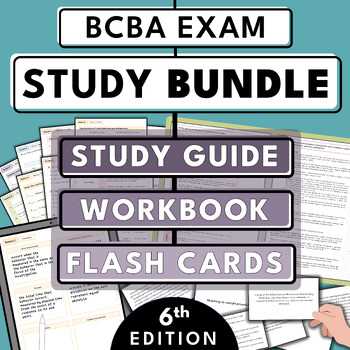
The certification assessment for behavior analysts is designed to evaluate a candidate’s knowledge and skills across various aspects of applied behavior analysis. The format of this evaluation includes multiple-choice questions that assess expertise in several core areas. Familiarity with the structure of the test is crucial for effective preparation and success.
Understanding the types of questions, the time constraints, and the overall structure of the assessment helps candidates approach the test with confidence. This section outlines the key components of the assessment format, so candidates can better prepare for what to expect on test day.
Types of Questions
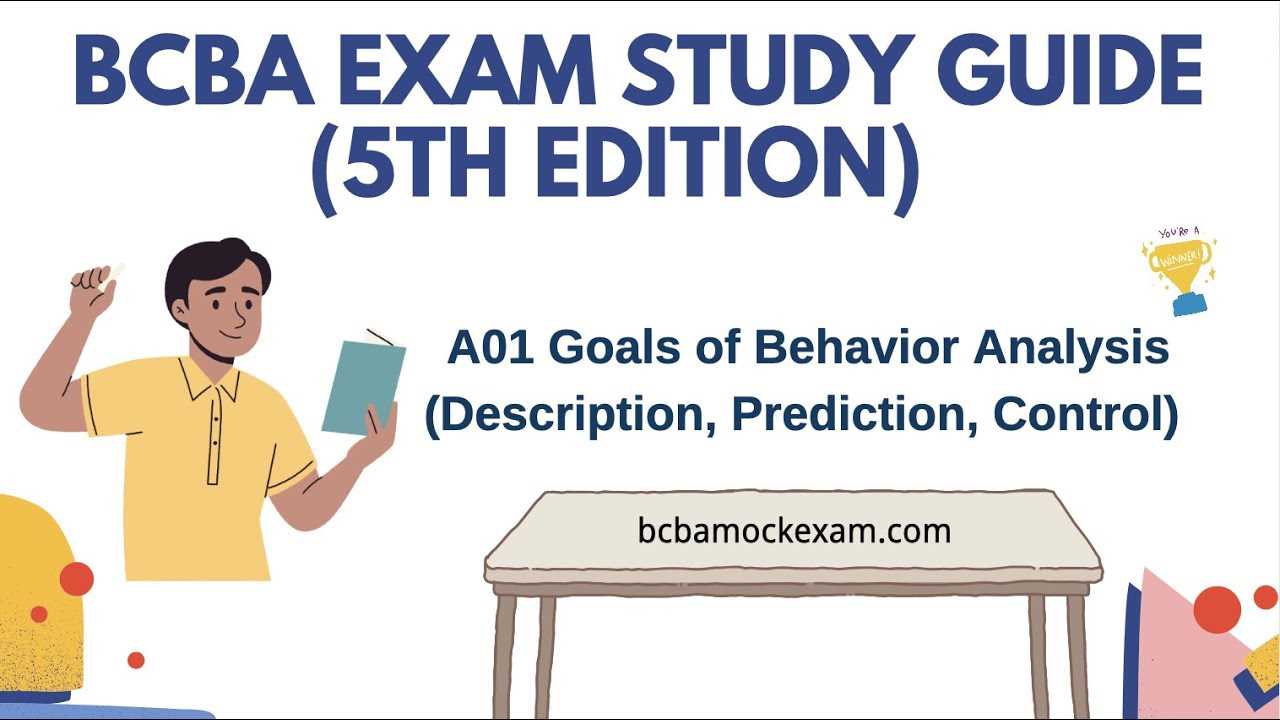
The certification evaluation primarily consists of multiple-choice questions. These questions are designed to assess knowledge in a variety of domains related to behavior analysis. The questions are carefully crafted to evaluate both theoretical understanding and practical application of concepts. Below are the key areas tested:
- Behavioral Principles: Fundamental concepts such as reinforcement, punishment, and operant conditioning.
- Assessment and Data Collection: Methods used for gathering data, functional assessments, and observation techniques.
- Intervention Strategies: Designing and implementing behavior intervention plans to promote desired behaviors and reduce problematic ones.
- Ethics and Professional Conduct: Ethical decision-making, adherence to professional standards, and understanding of legal guidelines.
Test Structure and Duration
The assessment is structured to ensure a comprehensive evaluation of a candidate’s knowledge. The test includes:
- Approximately 160 multiple-choice questions
- A time limit of 4 hours to complete the test
- A balanced distribution of questions across different knowledge domains
Candidates should be prepared for questions that require not only recall of facts but also application of concepts in practical scenarios. Time management is key, as candidates must pace themselves throughout the test to answer all questions within the allotted time.
Key Topics Covered in the BCBA Exam
The certification assessment in behavior analysis evaluates a broad range of topics that reflect the essential knowledge and skills needed by professionals in the field. These topics span across several core areas, from foundational behavioral principles to more advanced intervention strategies. A solid understanding of these key concepts is critical for success in the certification process.
Below is an overview of the key areas covered in the assessment. Each topic is essential for demonstrating competence in applied behavior analysis and preparing candidates for real-world practice in the field.
| Topic | Key Areas Covered |
|---|---|
| Behavioral Principles | Reinforcement, punishment, operant conditioning, classical conditioning, stimulus control |
| Assessment and Data Collection | Functional assessment, observational techniques, data recording methods, measurement of behavior |
| Behavioral Interventions | Designing behavior change programs, behavior modification techniques, teaching new skills, reduction of problem behaviors |
| Ethics and Professional Conduct | Confidentiality, informed consent, professional boundaries, ethical decision-making, legal considerations |
| Research and Evaluation | Experimental design, evaluating treatment effectiveness, data analysis, interpreting research findings |
Each of these topics plays a vital role in preparing individuals for practical, ethical, and effective work in the field of behavior analysis. Mastery of these areas will ensure that candidates are well-equipped to support individuals in need of behavior management and skill development.
Study Resources for the BCBA Exam
Preparing for the behavior analysis certification assessment requires thorough study and the use of various resources to ensure success. A well-rounded preparation strategy incorporates a mix of textbooks, online courses, practice exams, and study groups. By utilizing a variety of study materials, candidates can strengthen their understanding of key concepts and practice applying their knowledge in real-world scenarios.
Below are some valuable study resources that can assist in preparing for the certification process:
Textbooks and Study Guides
Comprehensive textbooks and study guides are essential for understanding the theoretical foundations and practical applications of behavior analysis. Some widely recommended books include:
- Cooper, Heron, and Heward’s “Applied Behavior Analysis”: A foundational textbook covering the core principles and practices of applied behavior analysis.
- Martineau’s “Behavior Analysis for Lasting Change”: A guide focused on applying behavior analysis in real-life settings with an emphasis on ethical considerations.
- Behavior Analyst Certification Board (BACB) Study Materials: Official resources from the certifying body that provide content outlines and sample questions.
Online Courses and Workshops
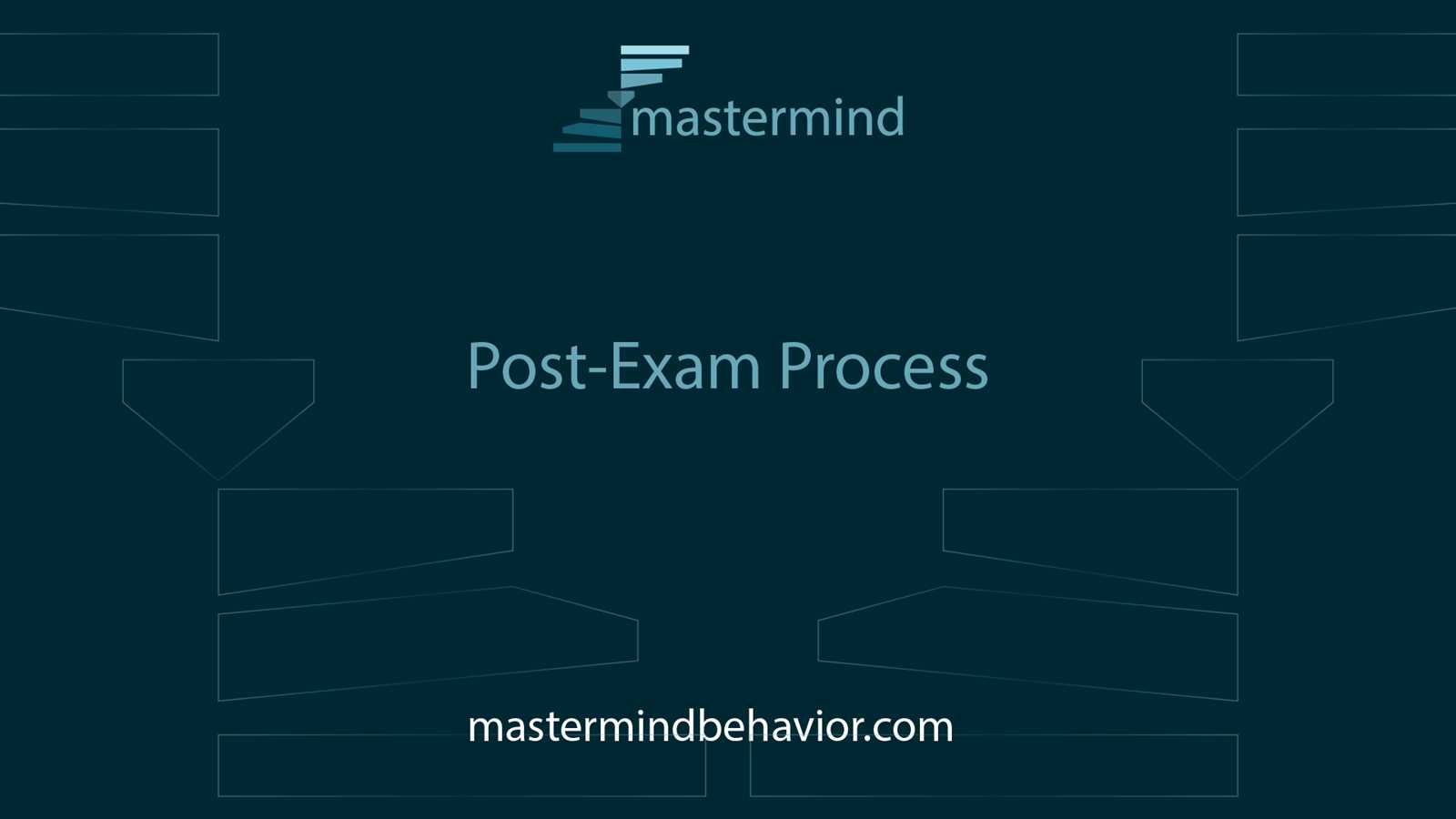
Online courses and workshops offer structured learning and interactive experiences to help reinforce key concepts. Many platforms provide courses tailored specifically to preparing for the certification assessment. Some popular options include:
- Institute for Applied Behavioral Analysis (IABA): Offers online courses focused on preparing candidates for the certification process with expert-led instruction.
- Behavior Analyst Certification Board (BACB) Online Learning: Official webinars and courses designed to support exam preparation and ongoing professional development.
- The ABA Study Group: An interactive platform offering guided study sessions, resources, and practice questions.
Practice Exams
Taking practice exams is an essential part of preparation, as they help candidates become familiar with the question format and time constraints. Practice tests also allow individuals to assess their understanding and identify areas that require further review. Resources for practice exams include:
- ABA Practice Exams: Online platforms that provide mock exams mimicking the real certification test.
- Books with Practice Questions: Many textbooks and study guides come with practice questions and answers to simulate the test experience.
Study Groups and Forums
Joining study groups or online forums is a great way to collaborate with peers, discuss complex topics, and share insights. Some popular study group options include:
- Facebook Study Groups: Many candidates form Facebook groups to support each other, share study tips, and discuss difficult concepts.
- Reddit Communities: Subreddits such as r/ABA provide a space for individuals preparing for the certification process to ask questions and engage with other candidates.
- Local Study Groups: Many communities have in-person study groups that meet regularly to review materials and prepare together.
By incorporating a variety of study materials and strategies, candidates can ensure they are thoroughly prepared for the certification assessment and ready to apply their knowledge in the field of behavior analysis.
Effective Study Strategies for Success
Achieving success in behavior analysis certification requires a focused and disciplined approach to studying. By employing effective study strategies, candidates can improve their understanding of core concepts, retain important information, and boost their chances of passing the certification assessment. These strategies are designed to optimize learning, maintain motivation, and reduce stress as the test date approaches.
The following study techniques are proven to enhance preparation and help candidates approach their study sessions with confidence and efficiency:
Active Learning Methods
Active learning involves engaging directly with the material rather than passively reading or memorizing. This approach helps solidify knowledge and improves long-term retention. Effective active learning methods include:
- Practice Questions: Regularly working through sample questions to apply knowledge and become familiar with the test format.
- Teaching Others: Explaining concepts to peers or study groups to reinforce understanding.
- Mind Mapping: Creating visual diagrams to connect related concepts and see the bigger picture.
- Case Studies: Analyzing real-world examples and applying principles to hypothetical situations to develop practical problem-solving skills.
Time Management and Organization
Efficient time management is crucial during preparation. Breaking down study sessions into manageable chunks and setting clear goals can improve focus and productivity. Key strategies for managing time include:
- Create a Study Schedule: Plan study sessions in advance, allocating specific times for each topic to ensure coverage of all areas.
- Use the Pomodoro Technique: Study in short, focused intervals (e.g., 25 minutes) followed by short breaks to maintain energy and prevent burnout.
- Prioritize Weak Areas: Focus on topics that are more challenging or unfamiliar, ensuring thorough understanding before moving on to others.
- Set Realistic Goals: Break larger tasks into smaller, achievable objectives to track progress and stay motivated.
By using these active learning and time management strategies, candidates can improve their chances of mastering the material and performing confidently during the certification process.
Common Mistakes to Avoid During Preparation
When preparing for a certification in behavior analysis, it’s easy to fall into certain traps that can hinder progress and affect performance. Understanding and avoiding common mistakes can greatly enhance study effectiveness and ensure a more successful outcome. Many candidates unknowingly make errors that not only waste valuable time but also cause unnecessary stress and confusion.
Here are some of the most frequent missteps individuals make during their preparation, and how to avoid them:
- Relying Too Much on Memorization: Focusing solely on rote memorization instead of understanding key concepts and their applications can lead to weak comprehension. It’s important to engage with the material actively and think critically about how each concept fits into the bigger picture.
- Neglecting Practice Questions: Skipping practice exams or sample questions may result in a lack of familiarity with the test format and question style. Regularly taking practice tests is essential to gauge knowledge and improve test-taking skills.
- Procrastination: Delaying study sessions or leaving preparation until the last minute can cause unnecessary anxiety. A consistent study schedule with early preparation ensures that there’s ample time to review and master the material.
- Overloading Study Sessions: Cramming for long hours without breaks can lead to burnout and poor retention. It’s crucial to take regular breaks, practice the Pomodoro technique, and maintain a healthy balance between study and rest.
- Ignoring Weak Areas: Focusing too much on areas of strength while neglecting difficult topics can leave gaps in knowledge. Identifying and addressing weaker areas early on ensures thorough preparation across all topics.
- Underestimating the Importance of Ethics: Many candidates underestimate the significance of ethical considerations in behavior analysis. Understanding and applying ethical principles is not only essential for the certification but also for real-world practice.
- Studying Without a Plan: A lack of structured study planning can result in unproductive sessions. Setting clear goals, creating a study schedule, and tracking progress are key to staying on track and avoiding unnecessary stress.
Avoiding these common mistakes will help ensure that your preparation is both efficient and effective, allowing you to approach the certification process with confidence and competence.
Time Management Tips for Exam Preparation
Efficient time management is one of the most important factors in successful preparation for any certification process. Properly allocating time ensures that every topic is thoroughly covered without feeling overwhelmed. By adopting a strategic approach to time management, candidates can balance their study sessions with personal commitments, while maintaining focus and avoiding burnout.
Here are several time management tips to maximize productivity during your preparation:
Plan Ahead and Set Clear Goals
Creating a detailed study plan is key to staying on track. Setting specific, measurable, and achievable goals for each study session will provide structure and purpose. Focus on accomplishing one goal at a time to avoid multitasking, which can dilute your attention. Break larger topics into smaller, manageable chunks, and aim to complete each segment within a set timeframe.
- Create a Weekly Schedule: Allocate time each week for reviewing specific areas and adjust your plan based on progress.
- Set Daily Milestones: Plan daily goals to stay focused and ensure consistent progress. Small, achievable tasks build momentum.
- Prioritize Important Topics: Focus on high-priority subjects or those you find most challenging to ensure comprehensive understanding.
Use Time Blocks and Breaks
Instead of studying for long, unstructured periods, break your time into focused blocks, followed by short breaks. This method helps maintain concentration and prevents mental fatigue. The Pomodoro technique–25-minute study intervals with a 5-minute break–works well for maintaining focus while avoiding burnout.
- Implement the Pomodoro Technique: Study in 25-minute blocks followed by 5-minute breaks. After four intervals, take a longer break (15-30 minutes).
- Stay Flexible: While it’s essential to follow a schedule, allow room for adjustments if you need more time on challenging topics or if you feel overwhelmed.
- Use a Timer: Set a timer to manage each study session, helping you stay aware of time and avoid distractions.
By planning ahead, breaking tasks into smaller chunks, and using time blocks to stay focused, candidates can improve both the quality and efficiency of their preparation. These strategies will help you remain organized and motivated throughout the study process.
Taking Practice Exams for the Certification
One of the most effective ways to prepare for any professional certification is through taking practice tests. These simulated assessments not only familiarize candidates with the structure and types of questions they will encounter but also help in assessing their strengths and identifying areas that need further review. Regularly engaging with practice exams can significantly enhance confidence and reduce test anxiety.
Practice exams offer numerous benefits in preparation, including time management, question familiarity, and improving test-taking strategies. They help build stamina and train your mind to think under pressure, as well as allowing you to pinpoint which topics require more attention. Below are some essential considerations when incorporating practice assessments into your study plan:
Benefits of Practice Assessments
Simulated assessments provide valuable insights into how well you are mastering the material. Here are some key advantages:
- Familiarize Yourself with Question Styles: Practice exams often mimic the question formats of the actual certification, helping you understand what to expect on the test day.
- Track Progress: Taking multiple practice tests allows you to monitor your progress over time and see how much you’ve improved in each subject area.
- Identify Weaknesses: Practice exams highlight areas where you may need to spend more time studying, ensuring you focus on your weaker topics.
- Time Management Skills: Simulated tests allow you to practice pacing yourself, helping you complete the actual assessment within the time limit.
Maximizing the Impact of Practice Exams
To fully benefit from practice assessments, consider the following strategies:
- Review Your Mistakes: After each practice test, carefully go over the questions you answered incorrectly. Understanding why you made mistakes will improve your knowledge and prevent them in the future.
- Simulate Real Test Conditions: Take practice exams under timed conditions to mirror the pressure and environment of the actual assessment.
- Take Multiple Tests: Repeatedly taking practice exams will help solidify your knowledge and increase retention. The more you practice, the more confident and prepared you’ll be.
By incorporating regular practice exams into your study routine, you’ll be well-prepared to face the real assessment with confidence, knowing you’ve tested yourself thoroughly and effectively.
How to Stay Motivated While Studying
Maintaining motivation throughout your preparation can be challenging, especially when faced with lengthy study sessions and complex material. However, staying focused and motivated is crucial for success. By setting clear goals, creating a structured routine, and using effective techniques to stay energized, you can maintain your drive and progress steadily toward your goal.
Here are several strategies to help you stay motivated and on track during your study journey:
Set Clear and Achievable Goals
Having specific goals in mind gives you a sense of direction and purpose. Breaking down your larger objective into smaller, manageable milestones allows you to track your progress and celebrate small victories along the way. This keeps you motivated and gives you a reason to keep going.
- Break Goals into Smaller Tasks: Divide your study material into sections and set achievable targets for each study session.
- Track Your Progress: Regularly check how much you’ve accomplished and reward yourself for meeting targets.
- Stay Flexible: Adjust your goals as needed, but always keep your focus on the end result.
Stay Organized and Create a Routine
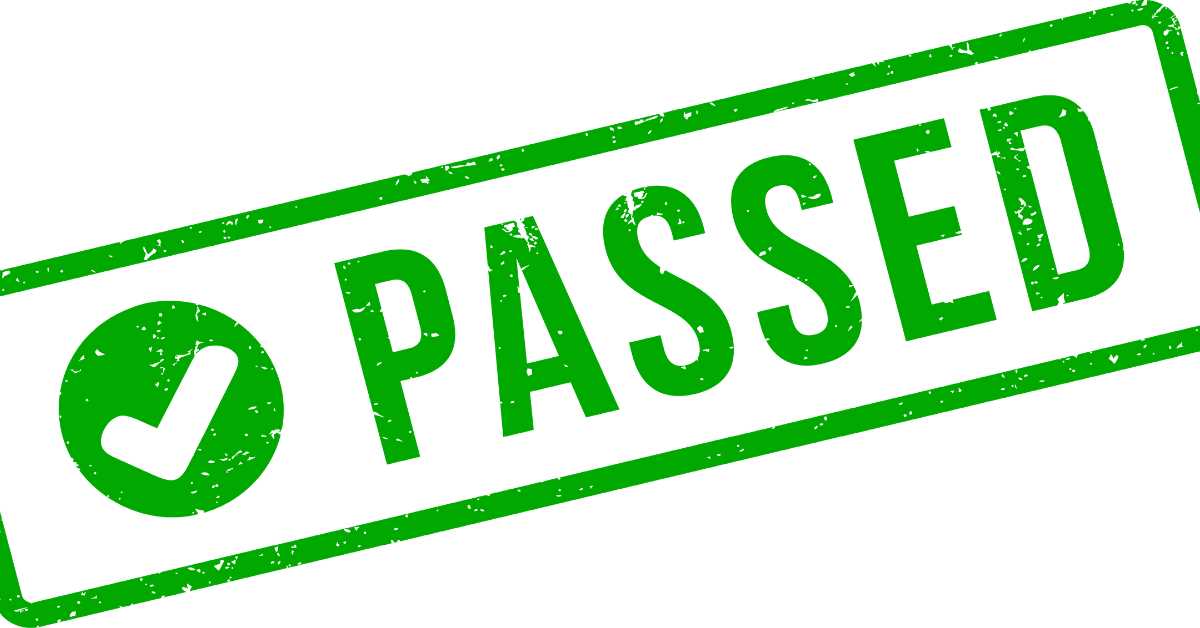
Consistency is key to success. Establishing a daily study routine helps you stay on track and avoid distractions. Make a schedule that works for you and stick to it as much as possible. Organizing your time efficiently ensures that you remain productive and reduces stress.
- Develop a Study Schedule: Plan your study sessions ahead of time and include regular breaks to recharge.
- Set a Study Environment: Create a quiet and organized space free of distractions to help you focus better.
- Stay Accountable: Share your study goals with someone who can help hold you accountable for your progress.
Incorporate Variety and Reward Yourself
Studying the same way every day can lead to burnout and loss of motivation. Mix up your study techniques, incorporate different materials, and take regular breaks to keep things interesting. Additionally, rewarding yourself for reaching study milestones helps maintain enthusiasm.
- Use Different Learning Methods: Try various study materials such as videos, flashcards, or group discussions to keep things fresh.
- Reward Yourself: Treat yourself with small rewards after completing significant study tasks or meeting specific goals.
- Stay Positive: Focus on your progress rather than what still needs to be done. A positive mindset will fuel your motivation.
By setting clear goals, sticking to a routine, and keeping things interesting, you can maintain the motivation needed to succeed in your preparation. Stay consistent, celebrate your progress, and remember that every step brings you closer to your objective.
What to Expect on Certification Day
The day of your professional certification assessment is an important milestone in your career journey. Understanding what to expect can help you feel more prepared and reduce any stress or anxiety. Knowing the procedures, environment, and expectations for the day will allow you to focus entirely on performing your best.
On the day of your certification, it is essential to be prepared both mentally and physically. Here’s an overview of what you can expect:
Arrival and Check-In Process

When you arrive at the testing center, you will need to complete a check-in process. This typically involves providing identification and verifying your registration. Be sure to arrive early to avoid unnecessary stress and to ensure you have plenty of time for any last-minute preparations.
- Bring Valid Identification: Make sure you have a government-issued ID, such as a driver’s license or passport, to verify your identity.
- Arrive Early: Aim to arrive at least 30 minutes before your scheduled time to account for check-in procedures and potential delays.
- Follow Center Guidelines: Be ready to comply with any specific guidelines provided by the testing center, including rules on electronic devices, personal items, or attire.
During the Assessment
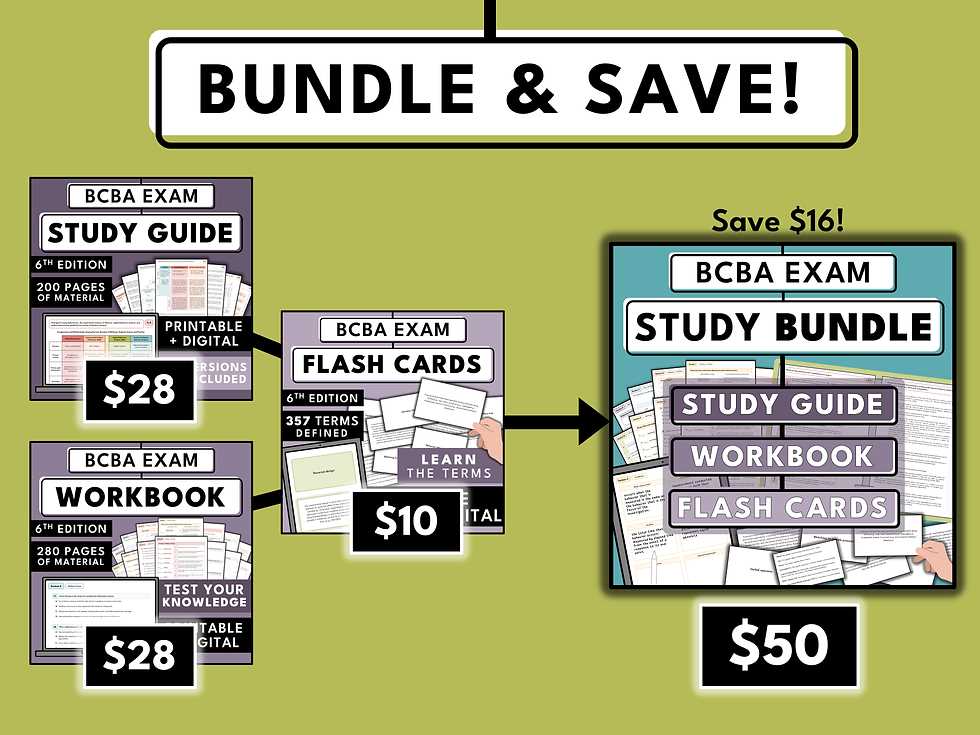
Once you have checked in, you will be escorted to your testing area, where you’ll begin the assessment. The environment will be quiet, and you will have a set amount of time to complete the questions. It is important to stay focused and manage your time effectively during the test.
- Timed Sessions: The assessment will be timed, so practice pacing yourself during your study sessions to ensure you can complete all sections within the allotted time.
- Proctored Environment: A proctor will be present to monitor the test but will not provide assistance with the questions.
- Stay Calm and Focused: It’s normal to feel a bit nervous, but staying calm and focused will help you recall information and perform your best.
By knowing what to expect, you can approach the day with confidence. Proper preparation and a calm mindset are key to achieving success on your certification journey. Make sure to rest well the night before and arrive at the testing center fully prepared to do your best.
Understanding the Certification Scoring System
Knowing how your performance is evaluated is crucial when preparing for any professional assessment. The scoring system provides insight into how your results are calculated and what determines whether you pass or need further preparation. Understanding this system can guide your study strategies and help you approach the test with a clearer focus.
The certification process is designed to assess your knowledge and ability in a structured way. Your score will reflect how well you apply theoretical concepts and practical skills relevant to the field. Here’s an overview of how scoring typically works:
Scoring Methodology
In general, the scoring system is based on the number of correct responses you provide to the multiple-choice questions within the designated time frame. The system uses a scaled score to account for differences in test difficulty across different administrations.
- Raw Score: This is the number of correct answers you submit. The raw score is the starting point before any adjustments are made.
- Scaled Score: The raw score is converted into a scaled score, which accounts for the relative difficulty of the test. This process ensures fairness and consistency, regardless of when you take the assessment.
- Passing Criteria: The minimum score needed to pass is set based on a pre-determined benchmark. This benchmark is designed to reflect the level of proficiency required to perform competently in the field.
Understanding Score Reports
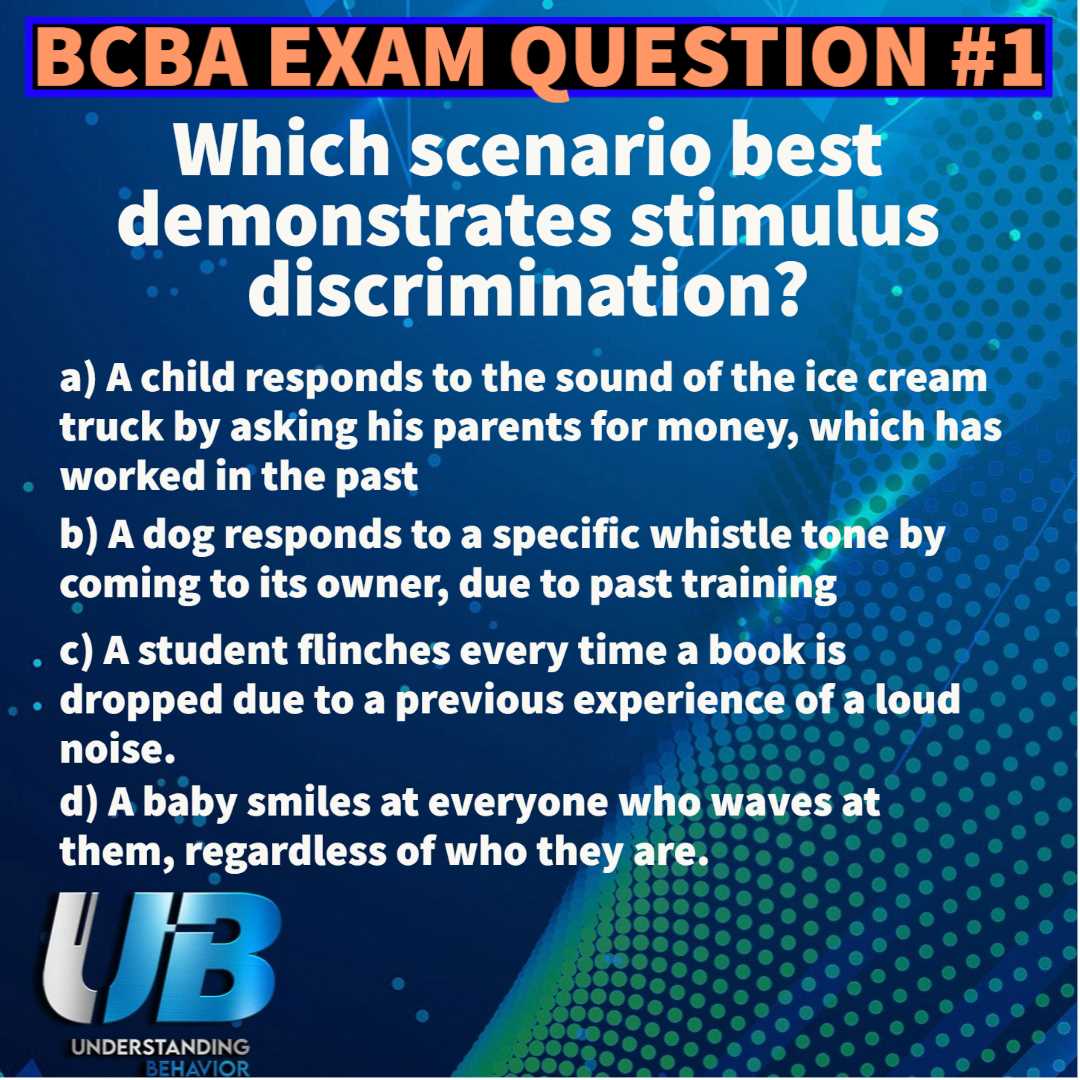
Once you complete the assessment, you will receive a score report that details your performance. This report will provide you with an overall score, as well as a breakdown of your performance in different content areas. Understanding these reports is key to identifying areas for improvement if needed.
- Overall Score: This score represents your total performance and determines whether you pass or fail.
- Content Area Breakdown: Many certification assessments provide a detailed analysis of your performance in specific areas. This helps you understand where your strengths and weaknesses lie.
- Next Steps: If you do not pass the assessment, your score report will outline the next steps you should take. This could include additional study or retaking the assessment.
By understanding how your performance is measured and what the scores mean, you can enter the certification process with more confidence and clarity. This knowledge allows you to focus your study efforts on areas that need improvement and ensures that you are fully prepared for the challenge ahead.
How to Interpret Your Certification Results
After completing a professional assessment, understanding how to interpret your results is crucial for determining your next steps. The results not only indicate whether you’ve passed, but also provide insights into your strengths and areas that may need further development. By carefully analyzing your score report, you can gain a clear understanding of where you stand and what to focus on moving forward.
Your score report will typically include several key elements, each serving a specific purpose. The most important aspects to consider are your overall score, the breakdown by content area, and any feedback provided. Here’s how to interpret these key components:
Overall Score
The overall score is the primary indicator of your performance. This number will determine if you have met the threshold required to pass. It is important to understand that this score is a reflection of your overall knowledge and application of the subject matter, and passing this threshold signifies proficiency in the field.
Content Area Breakdown
In addition to your overall score, your score report will often break down your performance by specific content areas. This detailed breakdown helps you see where you excel and where you might need additional focus in your future preparation efforts. For each area, the report will typically show a range of scores or a percentage indicating how well you performed relative to other candidates.
- High Scores: A high score in a content area suggests you have a strong grasp of that particular subject.
- Low Scores: A lower score in any content area may indicate a need for further review or deeper understanding of that topic.
Feedback and Next Steps
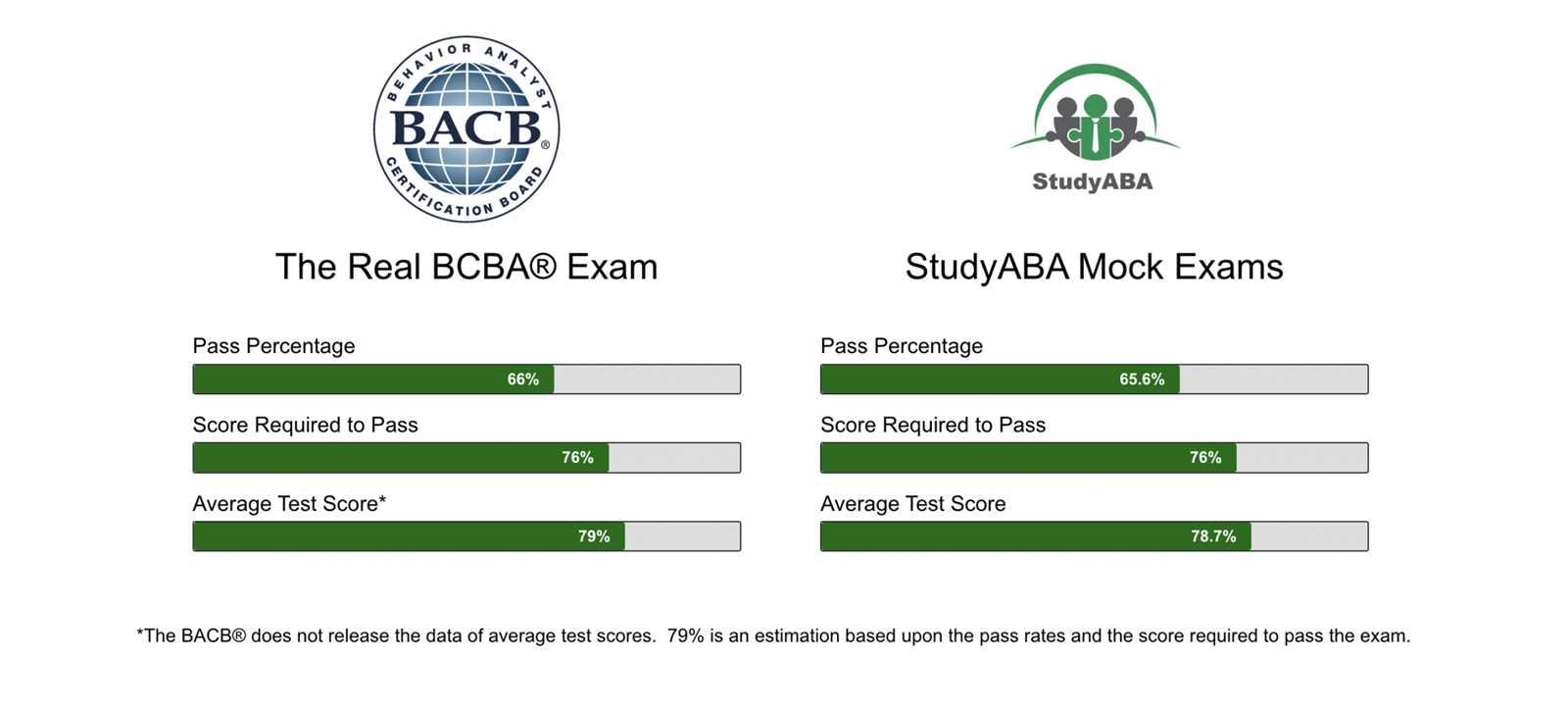
If you have not passed, the report will provide guidance on your next steps. This might include retaking the assessment after additional preparation or focusing on specific areas of study. Some reports may include recommendations for resources or study strategies to help you improve in areas where your performance was weaker.
Overall, interpreting your results is about understanding both your successes and the areas where you can improve. By reviewing your performance carefully, you can develop a clear plan for your continued development and ultimately increase your chances of success in the future.
Next Steps After Passing the Certification Assessment
Successfully passing a professional certification assessment marks a significant achievement in your career journey. However, this is just the beginning of a new chapter. After receiving your results, it’s essential to understand the next steps to take to ensure you are fully prepared to enter the field and apply your knowledge effectively. This phase involves completing additional administrative tasks, exploring career opportunities, and continuing your professional development.
Complete Any Remaining Administrative Tasks
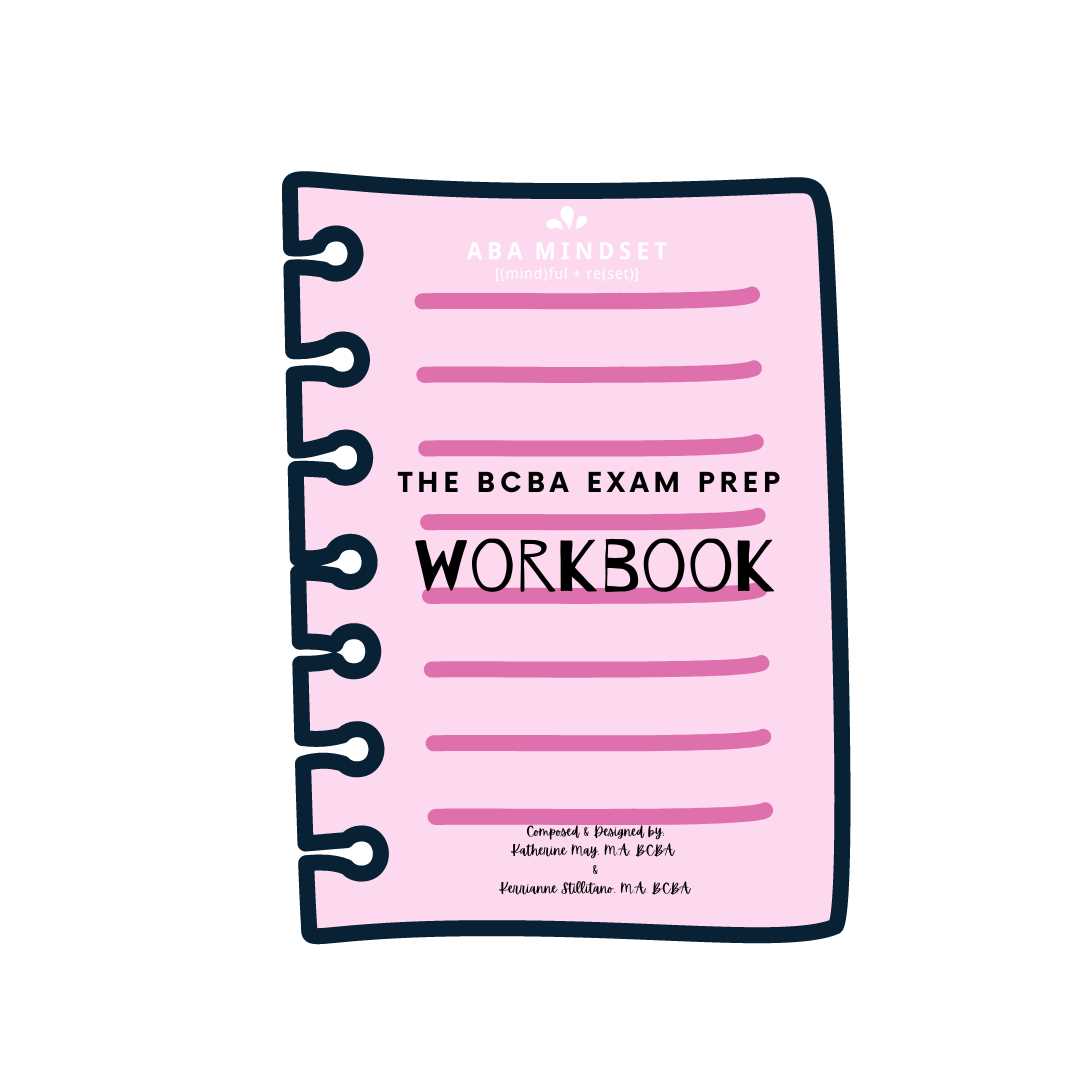
Once you’ve passed the assessment, there are a few final administrative steps you need to complete before officially becoming certified. These steps may vary depending on your location and the certification body, but they typically include:
- Application Submission: Submit any required documentation to the certifying body to officially register your certification.
- Certification Fees: Pay any final fees associated with obtaining your official certification.
- License Verification: If applicable, verify your certification with the appropriate licensing board or regulatory authority.
Explore Career Opportunities
With your certification in hand, you are now ready to begin exploring career opportunities in your field. Depending on your goals and areas of expertise, you may want to consider a variety of roles and settings. Some of the most common career paths include:
| Career Path | Work Environment |
|---|---|
| Clinical Practitioner | Private practice, healthcare settings |
| Consultant | Educational institutions, corporations |
| Instructor | Universities, training programs |
| Supervisor | Research, clinical supervision |
By identifying your area of interest, you can tailor your job search and professional network to match your career goals. Networking with other professionals and joining relevant organizations can also provide you with additional resources and opportunities.
Continue Your Professional Development
Even after passing the certification assessment, your professional journey doesn’t end. It is crucial to stay updated with the latest developments in the field. Ongoing professional development can include:
- Continuing Education: Participate in workshops, courses, and seminars to enhance your knowledge.
- Peer Collaboration: Engage with colleagues and mentors to exchange ideas and keep learning.
- Advanced Certifications: Consider pursuing specialized certifications or credentials to advance your career further.
By staying proactive in your professional growth, you ensure that you maintain a competitive edge and continue to provide the highest level of expertise in your field.